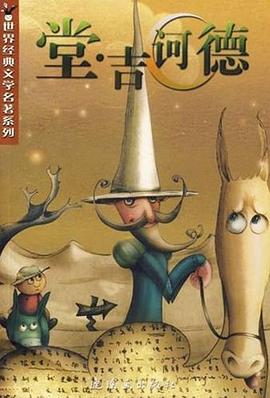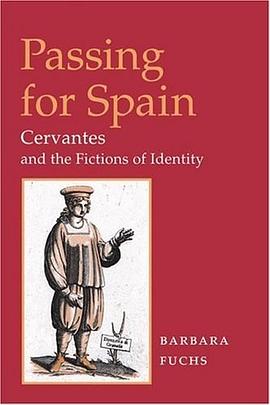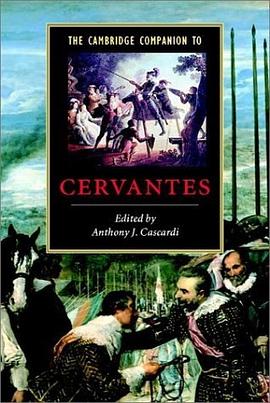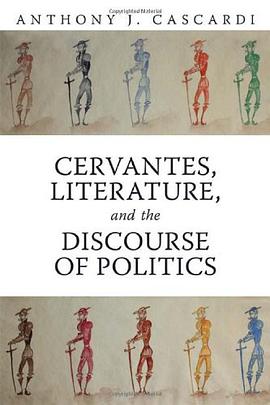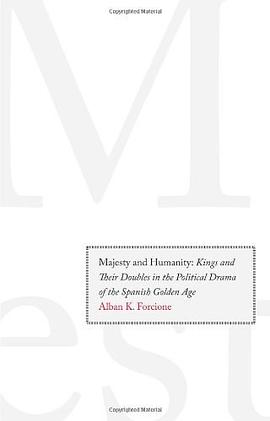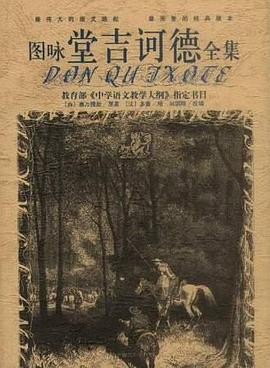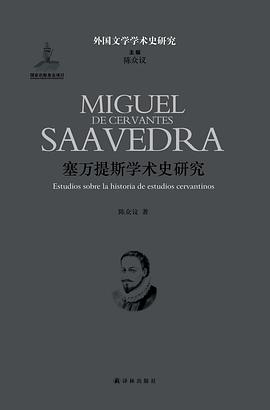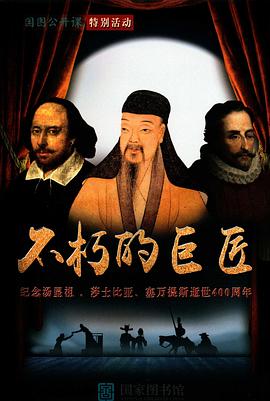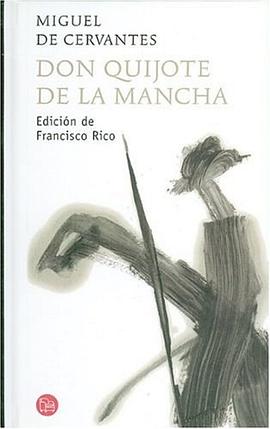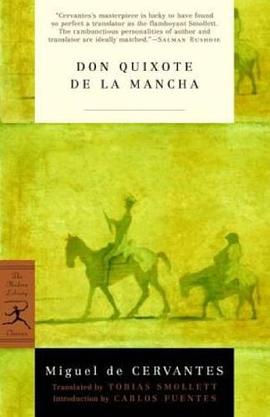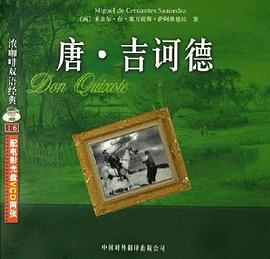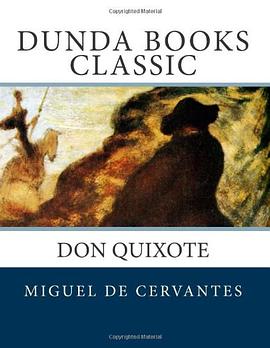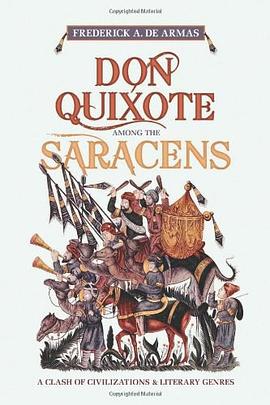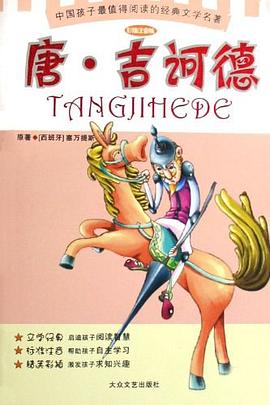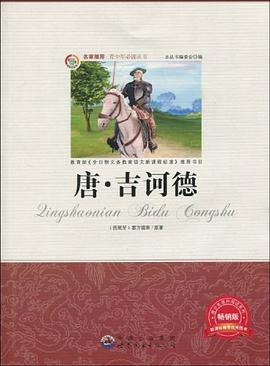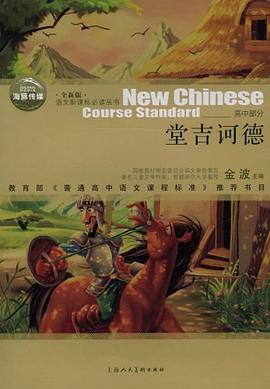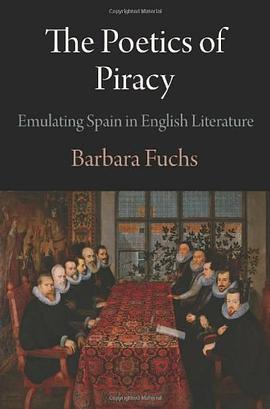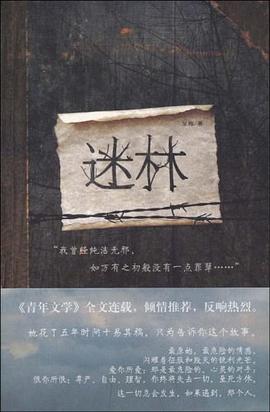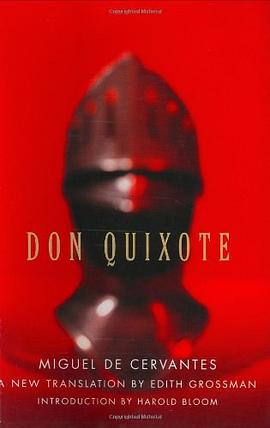

Edith Grossman's definitive English translation of the Spanish masterpiece. Widely regarded as the world's first modern novel, and one of the funniest and most tragic books ever written, "Don Quixote" chronicles the famous picaresque adventures of the noble knight-errant Don Quixote of La Mancha and his faithful squire, Sancho Panza, as they travel through sixteenth-century Spain. Unless you read Spanish, you've never read "Don Quixote." "Though there have been many valuable English translations of "Don Quixote, " I would commend Edith Grossman's version for the extraordinarily high quality of her prose. The Knight and Sancho are so eloquently rendered by Grossman that the vitality of their characterization is more clearly conveyed than ever before. There is also an astonishing contextualization of Don Quixote and Sancho in Grossman's translation that I believe has not been achieved before. The spiritual atmosphere of a Spain already in steep decline can be felt throughout, thanks to her heightened quality of diction. Grossman might be called the Glenn Gould of translators, because she, too, articulates every note. Reading her amazing mode of finding equivalents in English for Cervantes's darkening vision is an entrance into a further understanding of why this great book contains within itself all the novels that have followed in its sublime wake." From the Introduction by Harold Bloom Miguel de Cervantes was born on September 29, 1547, in Alcala de Henares, Spain. At twenty-three he enlisted in the Spanish militia and in 1571 fought against the Turks in the battle of Lepanto, where a gunshot wound permanently crippled his left hand. He spent four more years at sea and then another five as a slave after being captured by Barbary pirates. Ransomed by his family, he returned to Madrid but his disability hampered him; it was in debtor's prison that he began to write "Don Quixote." Cervantes wrote many other works, including poems and plays, but he remains best known as the author of "Don Quixote." He died on April 23, 1616.
具體描述
讀後感
《堂吉诃德》是西班牙作家塞万提斯的一部伟大作品,讲述了一个原名叫吉哈诺的穷乡绅,整日沉迷于骑士小说,于是给自己取名为堂吉诃德,并把邻村一个放猪姑娘取名为杜尔西内娅,作为他的心上人。然后他说服了自己的邻居桑丘做自己的侍从,带他一起出门,准备恢复中世纪的骑士道...
評分《堂吉诃德》六个汉语译本的比较:以第一章第一段为例 据说《堂吉诃德》的汉语译本迄今为止有20种之多,但似乎很少见有关《堂吉诃德》诸译本文本比较的文章。我不揣谫陋,将自己的读书笔记整理如下。(限于才力、篇幅,本文仅以《堂吉诃德》第一章第一段为例。)本文简略评析...
評分昆德拉在《帷幕》中曾感慨,《堂吉诃德》与《汤姆•琼斯》一类,其叙事艺术被奇怪地搁浅几个世纪。随着小说转入精细化的描写时代,它被“历史”的阴影所笼盖。(大意如此) 关于这本写作于17世纪初的作品(1605-1615,上下部先后出版),就其叙事技巧而言,可以写...
評分 評分——堂吉诃德和塞万提斯 堂吉诃德,作为一个文学形象,与近代的哈姆莱特,古代的普罗米修斯一起,矗立在文学的奥林匹司山上。几个世纪以来,无数文人学者在堂吉诃德身上抽取了深刻的内涵——即作为一个人,对理想的不可思议的执著...
用戶評價
相關圖書
本站所有內容均為互聯網搜索引擎提供的公開搜索信息,本站不存儲任何數據與內容,任何內容與數據均與本站無關,如有需要請聯繫相關搜索引擎包括但不限於百度,google,bing,sogou 等
© 2025 qciss.net All Rights Reserved. 小哈圖書下載中心 版权所有

